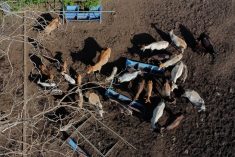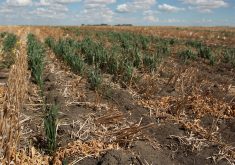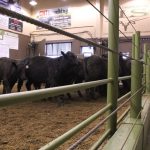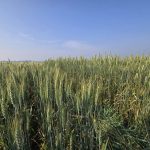Livestock producers may have to look at flies in a whole new light.
An entomologist from the University of Georgia is cultivating flies as part of a process that reduces manure and produces a high-protein feed.
Craig Sheppard, who was in Sask-atchewan recently to explain his findings, has worked with the black soldier fly at the Coastal Plain Experiment Station in Georgia for 15 years.
He found that the fly, which eats and digests poultry manure, evacuates its gut before pupation.
“This prepural stage has a large amount of stored fat to serve as an energy source for migration to a dry location where it pupates,” said Scott Hartley, a pest control specialist with Saskatchewan Agriculture.
Read Also
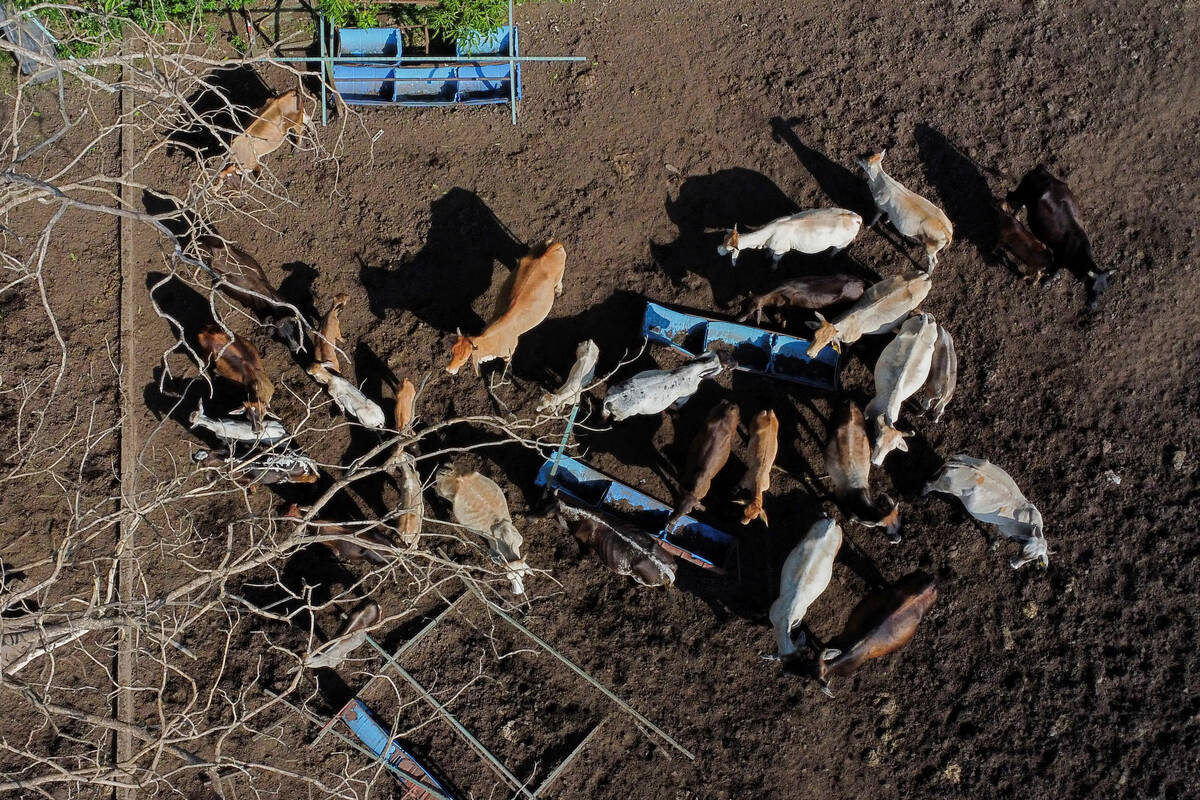
Cattle smuggling worsens outbreak in Mexico
Cattle being smuggled across Mexio’s southern border are making a screworm outbreak much more difficult to control.
“The empty gut and high energy reserves are what make this an attractive, high-protein food source for poultry, fish and hogs.”
A scientific paper prepared by researchers at the university states the black soldier fly reduces manure accumulation by at least half and eliminates house fly breeding.
Little investment
The only infrastructure needed for this process is a ramp sloping up from the manure pit and a black plastic pipe placed at the top of the ramp. The soldier fly larvae “self-harvest” by crawling up the ramp into the pipe, where they migrate and drop into a collecting bucket.
“The advantages of such a system, of course, are the relatively low inputs, the reduction of manure and the value-added feed product. They are also good competitors so they reduce the number of other flies,” said Hartley.
Prairie livestock barns would have to be adapted to allow the fly to survive winter.
“In Georgia, they used soldier flies that were native to their area. The ideal temperature for this fly is 25 degrees C.”
Saskatchewan Agriculture staff learned from Sheppard that freshness and consistency of the manure is important to the soldier fly. It’s best when the manure is not too wet or too dry and the flies thrive in a manure pit that get fresh manure on a continual basis.
“Sheppard also said there has been no evidence of disease caused or transmitted by this fly,” said Hartley.
“He said their research shows the feed they create is equal in nutrition to soy feed and adds some flavor to the meat of animals given the feed.”
More research is needed before it could be used on the Canadian Prairies, he added.
Envron Inc., a Regina environmental systems company, is interested in doing studies on breeding and viability of a soldier fly colony in this climate.


